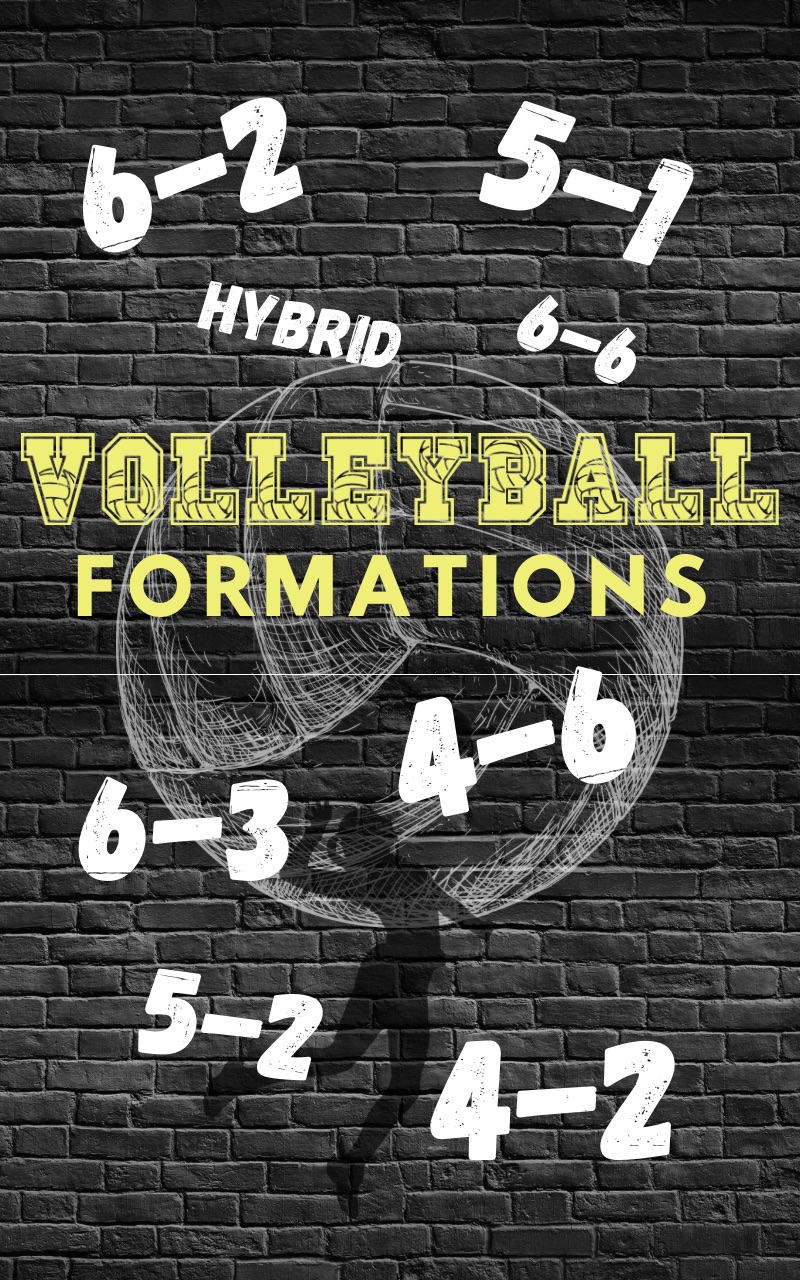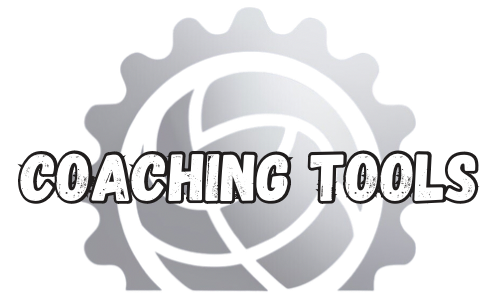
|
Coaching Tips for Effective Communication with Your Team
| |

**1. Build a Positive Coach-Athlete Relationship:** A strong and positive coach-athlete relationship is the cornerstone of effective communication. Your players need to trust and respect you, which begins with building a connection based on mutual understanding and support. **2. Listen Actively:** Effective communication is a two-way street. Be an active listener. Give your players your full attention when they speak, and don't interrupt. This not only shows respect but also allows you to better understand their perspectives and concerns. **3. Use Clear and Concise Language:** Avoid jargon or complex terminology. Use clear and concise language that your athletes can easily understand. Communication should be simple and to the point. **4. Be Constructive in Feedback:** When providing feedback, focus on constructive criticism rather than negative criticism. Frame your feedback in a way that suggests improvement rather than dwelling on mistakes. Encourage your players to see mistakes as opportunities for growth. **5. Consistency is Key:** Consistency in your communication style is essential. Your players should know what to expect when they interact with you. Be consistent in your feedback, expectations, and demeanor. **6. Adapt to Individual Differences:** Recognize that each player on your team is unique. Different athletes may respond to various forms of communication. Some may need more motivation, while others might require gentle guidance. Adapt your communication style to suit individual differences. **7. Encourage Open Dialogue:** Foster an environment where players feel comfortable sharing their thoughts, concerns, and ideas. Encourage open dialogue during team meetings and one-on-one discussions. Let your players know that their input is valued. **8. Positive Reinforcement:** Praise and positive reinforcement can be powerful motivators. Acknowledge and celebrate your players' achievements and hard work. This encourages them to continue striving for excellence. **9. Address Challenges Privately:** When addressing individual challenges or performance issues, do so privately. Publicly criticizing or embarrassing players can erode trust and damage team morale. **10. Communicate Team Goals:** Clearly convey team goals and expectations. Let your players know what you're working towards as a team, which can motivate them and align their efforts with the collective mission. **11. Seek Feedback from Your Team:** It's important to ask for feedback from your players about your coaching style. Regularly check in with them to understand how they perceive your communication and if there are areas for improvement. **Conclusion:** Effective communication is the foundation of successful coaching. Coaches who build positive relationships, listen actively, provide constructive feedback, and adapt their communication to individual differences can help their athletes develop, perform at their best, and foster a cohesive and motivated team. By prioritizing effective communication, you not only enhance your coaching skills but also create an environment where athletes can thrive and reach their full potential. |

 Purchase Ebook on Amazon Purchase Ebook on Amazon
|
Volleyball techniques Volleyball strategies Volleyball drills Volleyball skills Volleyball fundamentals Volleyball tips Volleyball training Volleyball coaching Volleyball playbook Volleyball exercises Volleyball equipment Volleyball gear Volleyball practice Volleyball coaching tips Volleyball playing tips Volleyball tutorials Volleyball lessons Volleyball techniques for beginners Volleyball skills development Volleyball coaching tools Volleyball teaching aids Volleyball improvement tips








